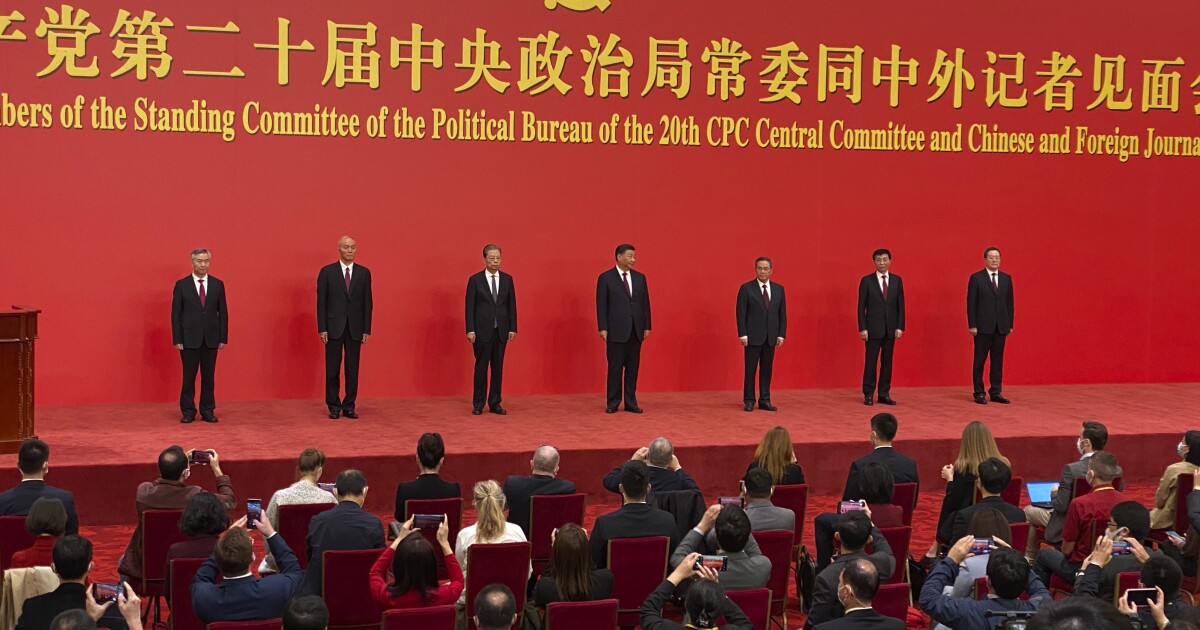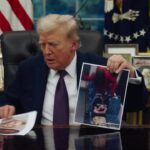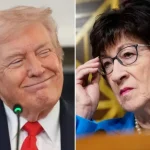

Chinese leader Xi Jinping secured his third term as the leader of the Communist Party and replaced officials with loyalists, raising the specter of global conflict moving forward.
Xi assumed his third term, which had been barred until he changed the Chinese Constitution, during this week’s 20th National Congress, which is held every half-decade.
The Politburo Standing Committee is now made up of Li Qiang, Zhao Leji, Wang Huning, Cai Qi, Ding Xuexiang, and Li Xi, all of whom are Xi allies, affording him a governing path with minimal opposition. Two members of the committee were pushed out at the convention, both of whom were of an age that they would’ve still been eligible under informal party rules, while two others had reached the traditional age of retirement, 68 years old.
BIDEN ADMINISTRATION MUST INVESTIGATE THREAT OF CHINESE OWNERSHIP OF US FARMLAND, GOP SAYS
Based on age, no one stands out as likely a successor to Xi, providing another indication that his time in office is not coming to an end soon.
“Even a quick glance at the Politburo … obviously doesn’t seem to indicate a person who’s there to be a successor,” Tony Saich, an expert on Chinese politics at Harvard University’s Kennedy School of Government, told NPR. “So it’s clear Xi intends to rule. He intends to rule as the key figure. And it pushes any question of succession off into an unpredictable future. And to me that can be destabilizing.”
The Communist Party amended the party constitution to ensure Xi’s “core position” in the country’s leadership, further cementing his status as the leader of the ruling party. It also enshrined opposition to Taiwanese independence within its governing document.
Xi, in his comments to party members, spoke forcefully on the subject of Taiwan, which has become a major source of tension between China and the West recently.
“The wheels of history are rolling on toward China’s reunification and the rejuvenation of the Chinese nation. Complete reunification of our country must be realized, and it can, without doubt, be realized,” he said. “We will continue to strive for peaceful reunification with the greatest sincerity and the utmost effort,” he added, “but we will never promise to renounce the use of force, and we reserve the option of taking all measures necessary.”
The Chinese view Taiwan as a part of their country, while the island of 24 million people is self-governing and has claimed its independence. The U.S. has recognized China’s claim to Taiwan but does not support reunification by force.
“What happened a few years ago is that China made a decision in its own policy that that status quo was not something it wanted to live with indefinitely,” U.S. Secretary of State Antony Blinken said last week in an interview with WPVI-TV. “And we’ve seen it use more coercive means, more putting pressure on Taiwan to try to get to reunification. And we have a concern that beyond using coercive means, they might actually at some point use force.”
The Chinese military has gotten more aggressive in its maneuvers around Taiwan, including naval and aerial activities that crossed into Taiwan’s identification zone.
CLICK HERE TO READ MORE FROM THE WASHINGTON EXAMINER
He described the challenge facing the U.S. as “the most consequential, complicated relationship that we have, and you can’t put it on a bumper sticker,” adding, “There are increasingly adversarial aspects to the relationship, where we’re potentially in conflict. We want to avoid conflict; we don’t want a Cold War. We don’t want direct conflict. But we have to be very vigilant about that.”
Blinken also warned in recent days that Xi made a “fundamental decision” that the status quo of Taiwan’s self-governance is “no longer acceptable” and that the Chinese are “determined to pursue reunification on a much faster timeline.”
President Joe Biden has said multiple times since his term began that the U.S. would defend Taiwan militarily, though administration officials have maintained that there has been no change in the official policy of “strategic ambiguity,” which is the intentional obfuscation of a specific response.






